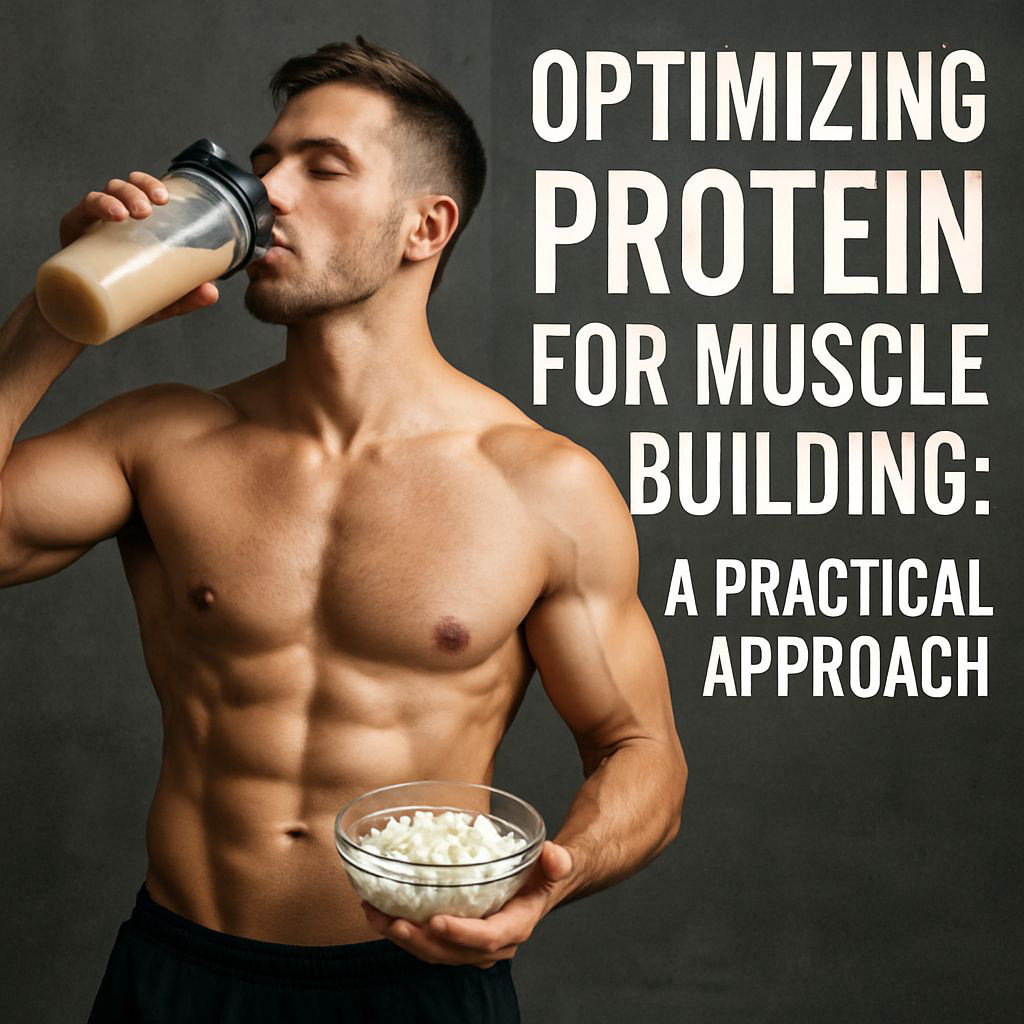One of the most debated topics in fitness and bodybuilding is the role of protein in muscle building. Opinions vary widely, and frankly, I believe the common understanding is often inaccurate! The USDA food pyramid and recommended daily allowances perpetuate misconceptions about proper nutrition, particularly affecting weight trainers and athletes. Read on to discover why you need more protein than many nutritionists, doctors, and even athletes realize.
Protein's Function
Most people understand protein is crucial for muscle growth and recovery from weight training, but they may not fully grasp how it works in the body. When you consume protein, your body can do one of two things: convert it into energy or use it to build and repair muscle tissue. The body rarely uses protein for energy because it's far less efficient than using fats or carbohydrates. This is also why it's difficult to gain fat from a high-protein diet alone; your body won't store it as fat unless it first converts it to energy.
The primary function of protein is to break down into amino acids, the building blocks of muscle tissue. When you eat protein-rich foods like meat, eggs, or dairy, your body breaks them down into amino acids. It then uses these amino acids to build new muscle protein.
Understanding this basic function explains why sufficient protein is vital for bodybuilders and weightlifters. If you're constantly breaking down muscle tissue through intense training, you need a plentiful supply of amino acids to rebuild and strengthen those muscles.
The Ideal Amount: How Much Protein to Build Muscle?
The optimal amount of protein for muscle growth is generally considered to be at least one gram of protein per pound of body weight per day. This means a 200-pound individual aiming to build muscle would need 200 grams of protein daily. While this may seem like a lot, many who offer nutritional advice aren't following this themselves!
The best sources of protein are animal products: eggs, chicken, beef, and dairy. Vegetarians and vegans can obtain protein from soy, rice, beans, and other plant-based sources, but they need to be more meticulous in their diet to reach the one-gram-per-pound target.
Many bodybuilders opt for six smaller meals a day instead of three larger ones to manage their protein intake. Consuming all that protein in three meals can be challenging. However, if you can manage three meals, that's perfectly fine. Contrary to popular belief, you won't gain fat from eating three meals instead of six, as long as you train hard and use the extra nutrients effectively.
How Much is Too Much?
If you're serious about muscle building, you might wonder if consuming excessive protein is beneficial. While consuming more protein than necessary isn't likely to cause significant harm, it's highly inefficient. Your body can only build a certain amount of muscle mass per day. Consuming more protein than needed won't accelerate muscle growth beyond this limit.
Think of it like building a house. If you give your contractors a million bricks, they can only use a certain number before they need to rest and continue the next day. Your body works similarly. Protein-rich foods are expensive, so once you're meeting the one-gram-per-pound target, allocate extra funds to carbohydrates, fats, and perhaps supplements.

0 Response to "Optimizing Protein for Muscle Building: A Practical Approach"
Post a Comment